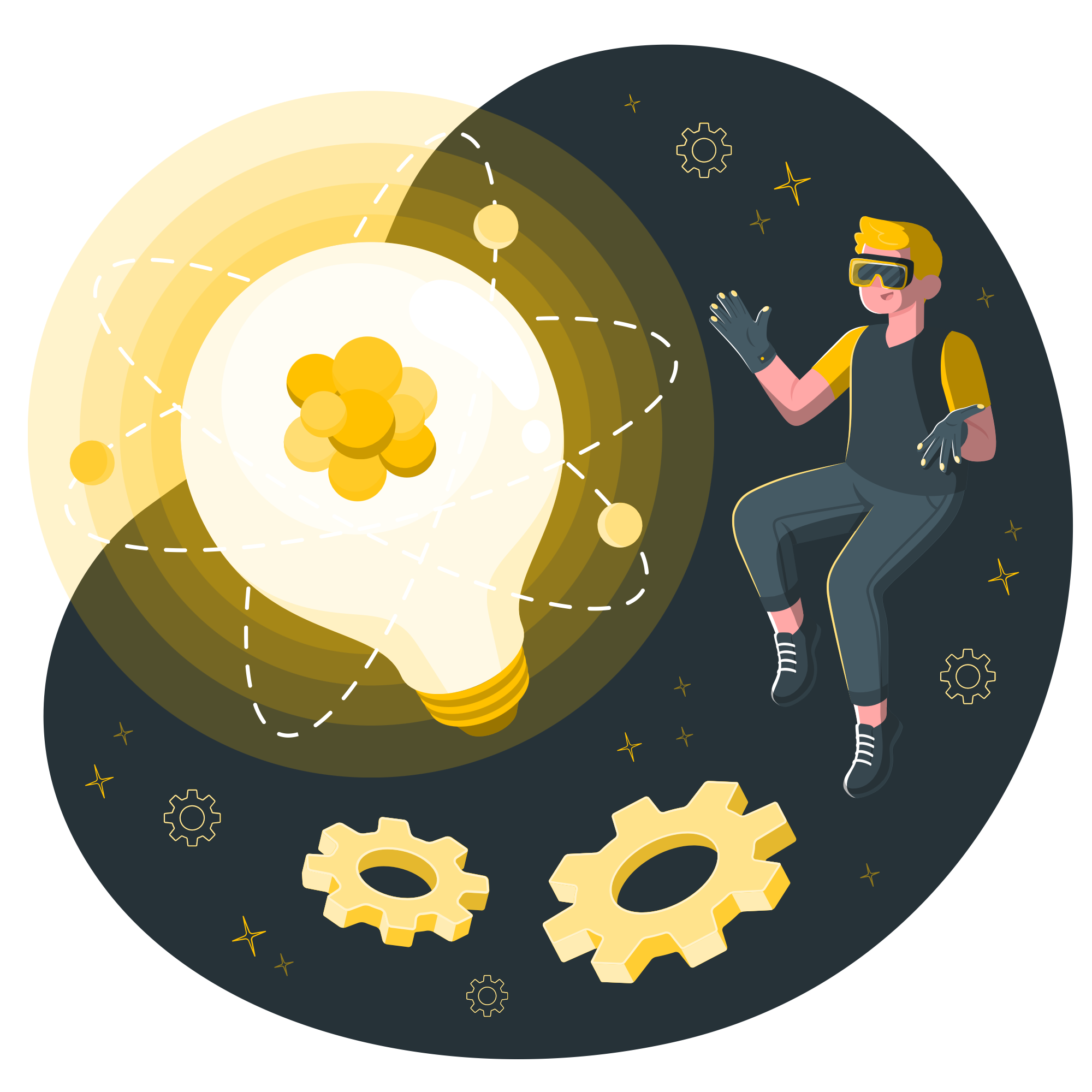There is a forever ongoing debate on whether schools should focus on teaching students traditional academic subjects or should they focus on teaching students skills that are more relevant to the 21st-century workforce due to the involvement of AI in today’s times.
As a meritorious ICSE student who moved to Kota for IIT preparation, studied for four years at an IIT, and now works with FIITJEE LTD, I have witnessed the evolution of the education industry firsthand. Through my experiences, I have found that there are strong arguments to be made on both sides of the debate over whether schools should focus on teaching traditional academic subjects or 21st-century skills.

Traditional Academic Subjects
Traditional academic subjects, like math, science, English, and history, have been the basis of education for centuries. They provided students with a strong foundation in the knowledge and skills they need to succeed in college and careers.
The pros of traditional academic subjects argue that they are critical for developing students’ thinking, problem-solving, and communication abilities. They also argue that these subjects provide students with a broad understanding of the world, which is essential for informed citizenship.
In a recent study by Investopedia, they found that “Education tends to raise productivity and creativity, as well as stimulate entrepreneurship and technological breakthroughs.” They also found the effect of education on an economy and the various reasons for pay gaps in different individuals with different educational backgrounds.
21st-century skills
21st-century skills, like creativity, innovation, collaboration, and communication, are more and more important in the modern workforce. These skills are essential for accomplishment in jobs that require employees to think critically, solve problems creatively, and work effectively with others.
The pros of 21st-century skills argue that schools should focus on teaching these 21st-century skills because they are essential for success in the modern world. They also argue that these skills are more relevant to the current times and the available jobs that students will have in the future rather than traditional academic subjects.
A recent article by Indeed found that “regardless of a candidate’s career path, companies may prefer hiring professionals who are invested in developing and improving these (21st-century) skills”. They also mentioned that the top skills needed for jobs will include creativity, innovation, problem-solving, critical thinking, and people management. The study also found that these skills are becoming increasingly important across all industries and job levels.
The Verdict: Traditional academic subjects v/s 21st-century skills in the age of AI
In the 1990s, knowledge was an asset. The internet was not yet widely available, so it was difficult to find information quickly and easily. As a result, students with a strong foundation in traditional academic subjects, such as math, science, English, and history, had a significant advantage over the ones who did not have these skills.
However, over the years, the internet has made it easy for anyone to access information. Anyone can access any information online with just a few clicks of the mouse. This means that academic knowledge is no longer as important an asset as it once was.
Nevertheless, it is absolutely important to understand that traditional academic subjects still hold a significant value. They teach students how to think critically, solve problems, and communicate effectively. These skills lay out the foundation for success in any field, regardless of whether students need to know specific facts or figures.
In addition to traditional academic subjects, current times are challenging students to develop additional skills required to cope with 21st-century innovations. These skills vary from individual to individual, depending on their creativity, innovation, collaboration, and communication. It is proven that 21st-century skills are essential for success in the modern workforce, which is increasingly complex and globalised.
Conclusion
It is very much possible that the skills that we think are important today may not be relevant in the future. Hence, schools will need to focus on teaching students the concept of “how to learn”, which will eventually help them adapt to any new challenges which might be faced by the advancement of technology.
It is essential that students can self-adapt to new technologies and new ways of working. Since the modern workforce is increasingly complex and globalised, this will enable them to ensure success in any chosen field, regardless of how many advancements are made in technology.
What are your thoughts on this? Do you think students should still be memorising the traditional subjects like they did 30 years ago? Let me know what you think in the comments below!

7 responses to “The Impact of AI | A New Approach : Traditional Academic Subjects v/s 21st-Century Skills”
Perfectly explained the idea that we need during the current AI times.
Thank you Krisha!
Very Informative ………Aastha.
Thank you so much!
CHATGPT se likha kya, just kidding, well written Aastha and aptly concluded, the know how is the future.
I’ll be looking forward to more interesting blogs, how about a few on your managerial journey, with reflections?
Sure… Will definitely add it in the pipeline!!
I blog often and I truly appreciate your content. This article has truly peaked my interest. I am going to bookmark your site and keep checking for new information about once a week. I subscribed to your Feed as well.